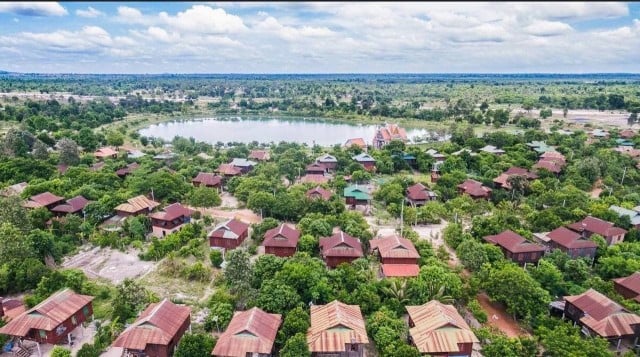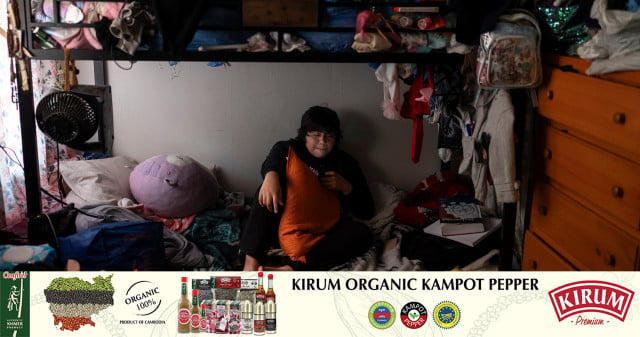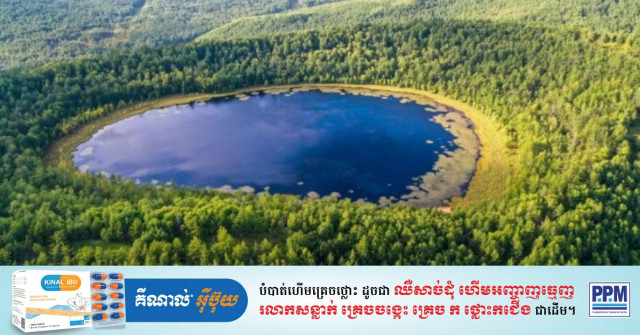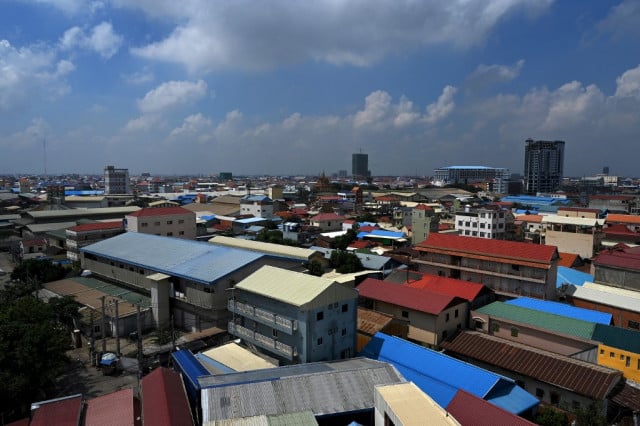Civil Society Groups Urge Siem Reap Province to Reconsider its Decision to Expel People from their Land within 15 Days

- By Isa Rohany
- July 25, 2021 1:31 PM
Families involved in the dispute with the authorities were given this 2-week period to move to plots of land in some cases much smaller than their current lands, which the authorities say they are occupying illegally
SIEM REAP--Civil society groups have decried the Siem Reap Provincial Administration imposing a 15-day ultimatum on families caught in a land dispute in Banteay Srei District to comply with its policy decision.
This came after the Siem Reap provincial authorities on July 19 announced that the complaints brought by 21 families of Tani village, which is located in Banteay Srei District’s Run Ta Ek Commune, had been reviewed and a decision made.
According to the authorities, this decision brings the land dispute to an end and the families involved must accept in compensation plots of land of 600 square meters per family as set by the provincial administration and the Apsara National Authority, which oversees the Angkor Archeological Park.
Taken by surprise, the families have not yet decided whether to accept these plots of land while civil society groups regard the authorities’ offer unsuitable for people who have lost their farmlands.
Farmers' representative Hun Ravuth pointed out that, while some of the families have lost between three to five hectares of farmland, they are now forced to accept just 20-by-30 meter plots of land in compensation, which is unacceptable.
Ravuth stressed that the authorities took their farmland even though they have been occupying and exploiting this land they had inherited from their ancestors.
“It is unacceptable that they have to accept this kind of compensation like the people who were evicted for occupying the riverbanks [in Phnom Penh],” he said, adding that the families involved have requested that the authorities provide land where they used to live or nearby.
Sar Vannara, Siem Reap provincial coordinator of the human rights NGO Licadho, said that his organization was working closely with the families, adding that it would continue to provide legal assistance to those who decide to reject the government’s resolution.
Forcing people to accept the solution issued by the authorities is also a violation of human rights, Vannara said. "Unlike the people who lived by chaotically occupying riverbanks, these people have been living on their lands for many generations,” he explained. He was referring to people who lived on or along the Tonle Sap Lake and the Siem Reap River whom authorities have relocated over the last few years.
Vannara urged the authorities to return to the people their ancestors’ land from which they have benefited, taking into account that the compensation offered to them is not equitable in view of their losses.
"It will be very difficult in terms of eviction,” Vannara said. “[I]t is not done in accordance with the principles of human rights in Cambodia…the right of citizens to have decent housing.”
However, Sok Thol who heads the Siem Reap Provincial Administration said that the authorities have no other policy solution for the 21 families, adding that those people had been illegally occupying state land.
"After the Apsara National Authority had discussed [the issue] and got the principle from the higher authorities, we decided to give the remaining 21 families land in Run Ta Ek Commune,” Thol said. “If they don’t agree to that, there will be nothing for them.”
The families have 15 days starting July 19 to decide whether to accept the government’s solution and, Thol said, the authorities intend to take legal action if the villagers protest and demand a different solution. They have so far taken advantage of state land, which includes forest, and have intended to occupy the land illegally, he added.
The land dispute was triggered in 2005 following the Cambodian government’s decision to establish Run Ta Ek Natural Village under the management of the Apsara National Authority, which oversees Angkor Archeological Park. The establishment of the village was an effort to prevent the construction of new houses within the park by providing local people with housing lands and farmlands outside the park.















